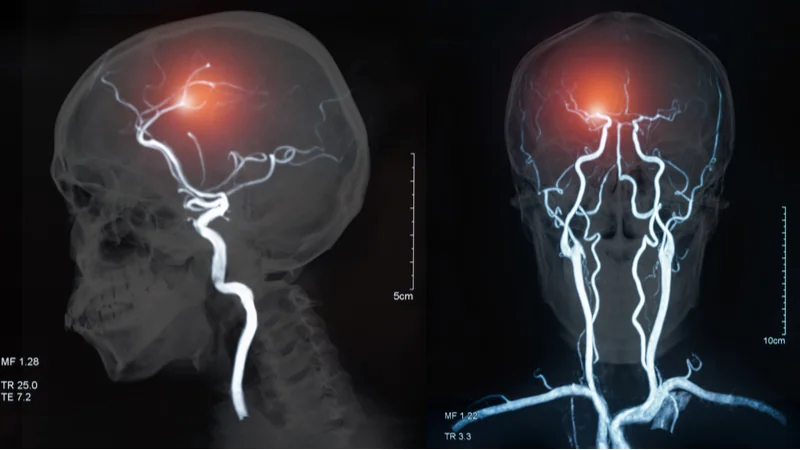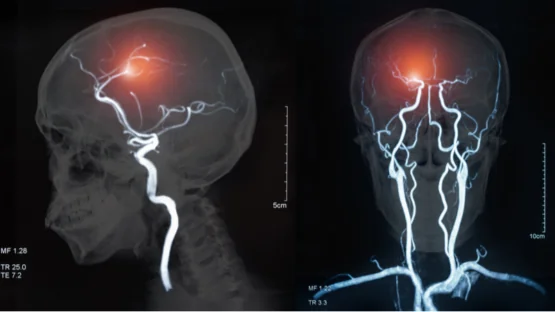Researchers publishing in Frontiers in Aging Neuroscience have discovered that blood pressure is directly linked to brain aging.
The BrainAGE clock
For this analysis, the researchers chose BrainAGE, a well-known, machine learning-based biomarker that uses MRI imagery in order to determine age [1]. The researchers of this study explain that this biomarker incorporates multiple aspects that a simpler analysis might miss, such as inflammation and myelination. BrainAGE is already linked to multiple well-known age-related diseases, some of which are directly brain-related, such as Parkinson’s and stroke. Other linked conditions are less obvious in their relationships, such as Type 2 diabetes and multiple sclerosis.
With this study, the researchers sought to include hypertension as one of those linked diseases.
The participants and framework
As is normal for this sort of study, the participants were a subset of an existing study group. In this case, it was the PATH Through Life project (PATH). The PATH participants were part of the middle-aged and older cohorts who had already received brain scans and did not have a history of neurological diseases or excessively high blood pressure. This study was conducted over 12 years and had a total of 686 participants, with participants receiving at least four assessments over that time period.
The results
As expected, blood pressure was associated with premature brain aging, but what was not expected was its importance, even when it wasn’t categorized as full-scale hypertension. Every 10 extra mmHg over a mean blood pressure of 90 was shown to be linked to over two additional months of brain aging. Therefore, an individual with a pre-hypertensive blood pressure of 135/85, for example, was most likely to have a brain 6 months older than that of someone with an optimal blood pressure of 110/70. This was applicable over the whole range and was not caused by extreme cases.
Interestingly, the women in this study were reported to have brains an average of 10 months younger than the men. After analysis, the researchers directly linked this difference to blood pressure, as men and women with the same blood pressure had similar BrainAGEs.
This relationship between blood pressure and BrainAGE also remained constant throughout life, affecting both the middle-aged and older cohorts alike. The researchers also point to a prior study showing that blood pressure is linked to decreased grey matter volume even in 19- to 40-year-olds [2].
Conclusion
In one way, this is yet another study that tells us what we already know: high blood pressure is bad for you. This study shows us just how bad it is in small amounts and how much damage is being done. Of course, this study is not related to the obvious and well-publicized sudden events that are known to be downstream of high blood pressure, such as aneurysm and stroke.
It’s also important to remember exactly what is meant by “brain aging”. The aging of the brain, like any other organ, refers to damage being done in some way. The BrainAGE biomarker does not measure some independent variable called “aging”. Rather, it measures the things that are visible on an MRI scan: reduction of volume, the presence of very small lesions, and other markers of harm.
Hopefully, we can look forward to a future in which stem cells and other, related therapies repair the damage done by aging and blood pressure, reverting older BrainAGEs and allowing older people to enjoy the cognitive abilities they had in youth.
Literature
[1] Franke, K., & Gaser, C. (2019). Ten years of brainage as a neuroimaging biomarker of brain aging: what insights have we gained?. Frontiers in neurology, 10, 789.
[2] Schaare, H. L., Masouleh, S. K., Beyer, F., Kumral, D., Uhlig, M., Reinelt, J. D., … & Villringer, A. (2019). Association of peripheral blood pressure with gray matter volume in 19-to 40-year-old adults. Neurology, 92(8), e758-e773.




